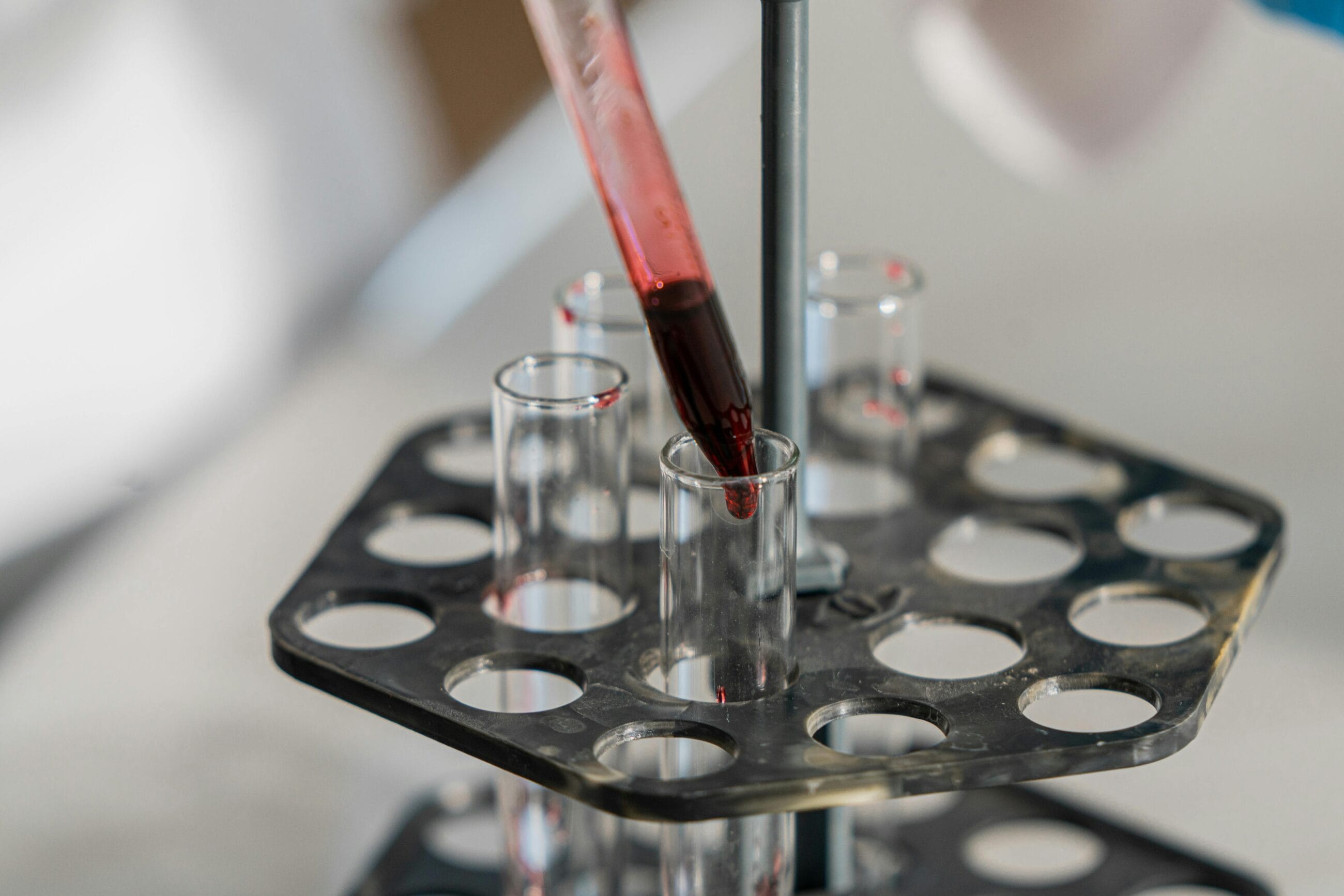Breast cancer isn’t just a women’s health issue; men can develop it too, though it’s often overlooked. This lack of awareness about the risk of breast cancer can delay diagnosis and treatment, making early detection all the more crucial.
Male breast cancer screenings play a vital role in identifying potential issues before they progress, especially for high-risk men who may have a family history or other factors increasing their risk for breast cancer. For men, breaking the stigma surrounding breast cancer is an essential step toward prioritizing health.
Together, we can challenge stereotypes, encourage screenings, and empower men, especially high-risk men, to take charge of their well-being with confidence and knowledge.
Understanding Male Breast Cancer
Male breast cancer is a rare but significant condition, often overlooked; early detection and awareness are critical for effective treatment.

What causes breast cancer in men?
Male breast cancer develops in the small amounts of breast tissue men possess. Just like in women, certain risk factors can increase the likelihood of developing the disease, including:
- Genetics: A family history of breast cancer, especially in close relatives, increases risk significantly. Familiar genes like BRCA1 and BRCA2 mutations may be involved, particularly for men at high risk.
- Age: Risk increases as men become older, typically over the age of 60.
- Hormone Imbalances: Conditions that lead to higher estrogen levels or lower androgen levels can elevate risk.
Other factors, such as obesity, liver disease, and alcohol consumption, may also contribute.
Symptoms Men should Watch For
Men may not immediately recognize the warning signs of breast cancer. Here are some symptoms you should never ignore:
- Lumps or swelling in the chest area.
- Nipple changes, such as inversion or discharge.
- Changes in the breast’s skin, like redness, puckering, or peeling.
If you notice any of these symptoms, it’s essential to consult a healthcare professional, even if you think it’s nothing serious. For men at high risk for breast cancer, screening mammography might also be recommended to detect potential issues early.
Know your Family History
Understanding your family medical history plays a pivotal role in assessing your breast cancer risk. If close male or female relatives have had breast cancers, you’re at an increased risk. For men at high risk, genetic counseling or tests like BRCA screening can offer valuable insights into your susceptibility. Screening mammography may also be advised to aid early detection.
Why Early Screening is Vital for Men?
Early screening for men can significantly improve outcomes by detecting breast cancer in its initial stages, enabling timely and effective treatment. According to the National Cancer Institute, awareness around male breast cancer is essential for improving survival rates.

Early Detection Saves Lives
Early detection through regular screening leads to better treatment outcomes and increases survival rates. Unlike women, men are not routinely screened for breast cancers, which makes awareness and self-exams even more crucial. Studies show that the risk of advanced cases can sometimes be higher in men due to delayed diagnosis.
Busting the Myths
One common misconception is that men can’t develop breast cancer, but this is far from the truth. Men should also monitor for changes in the left breast and right breast during self-exams. Additionally, many men delay seeking medical help due to embarrassment or fear, which allows the cancer to progress. Breaking this stigma is critical so that proper care, like clinical exams, is offered to men.
Routine Check-ups and Screenings
Part of early detection involves being proactive about regular health check-ups. While men may not require regular mammograms as women do, clinical breast exams can provide a first line of defense. The National Cancer Institute emphasizes the importance of early interventions in improving outcomes.
Breast Cancer Screening Methods For Men
Early detection of breast cancer in men is essential. Understanding available screening methods empowers men to take charge of their health and highlights the importance of the adoption of screening practices tailored to men.

Diagnostic tools
Several screening methods are available for men, depending on symptoms, history of male breast cancer, and individual risk factors:
- Ultrasounds and mammograms to assess breast tissue changes.
- Biopsies for a definitive diagnosis if abnormalities are found.
- MRI imaging for detailed views in complex cases.
Who should consider screening?
Men with a family history of male breast cancer, genetic mutations like BRCA, or other risk factors should discuss screening options with their doctor.
How screenings differ from women?
Screenings for men often start symptomatically, with fewer routine measures compared to women. When conducted, techniques like mammograms are adapted to male breast tissue. Support male breast cancer awareness and the adoption of screening practices to address risks in men beyond increased age and other traditional factors.
Managing and Reducing your High Risk
Understanding your risk factors and taking proactive steps can significantly reduce the likelihood of developing male breast cancer over time.
Lifestyle adjustments
While you can’t control your genetics, there are steps you can take to lower your risk:
- Maintain a balanced diet rich in fruits, vegetables, and lean proteins.
- Exercise regularly to control weight and reduce estrogen levels.
- Limit alcohol intake, which can increase breast cancer risk.
Addressing family history concerns
If you have a family history of breast cancer, take control of your health by:
- Discussing genetic testing options with your doctor.
- Visiting a genetic counselor for tailored advice.
- Considering a clinical breast examination as part of your preventive care routine.
Genetic testing and preventive care
Testing for BRCA or other mutations can identify increased risk, empowering you to take proactive measures like enhanced surveillance or preventive treatments. According to the American Cancer Society, understanding your genetic risk can also help detect connections to other conditions, such as ovarian cancer, and identify the right test for breast cancer to suit your needs.
Support and Resources for Men
Breast cancer in men is rare but significant. Understanding risk factors, screening options like breast imaging, and support resources empowers men to make informed decisions, even asymptomatic men.
Emotional and psychological support
A diagnosis, symptoms of breast cancer, or even the fear of screening can be overwhelming. It’s essential to know you aren’t alone. Many organizations, clinics, and support groups provide assistance to men facing breast cancer concerns.
Resources in Singapore
At Mediway Medical, we offer a range of services, including cancer screenings, consultations, breast imaging, and personalized health assessments for men. If you’re unsure where to start, our caring team is here to guide you every step of the way. We also encourage learning breast self-examination to stay proactive in identifying any early signs.
Partner with healthcare professionals
Navigating risk factors and screening processes can feel daunting, but you don’t need to do it alone. Talk to a trusted healthcare provider who can help you build a plan that suits your unique needs, whether you’re experiencing symptoms of breast cancer or seeking preventive care.
Prioritize your Health Today
Taking care of your health is one of the most empowering steps you can take. I believe that a screening program can make significant differences in breast cancer screening and diagnosis among men. I encourage all men, especially those with a family history of breast cancer or other risk factors, to speak with their doctor about early detection strategies.
At Mediway Medical, we’re here to help. Take the first step by scheduling a screening or consultation with us. Together, we can ensure your health is on the right path.









